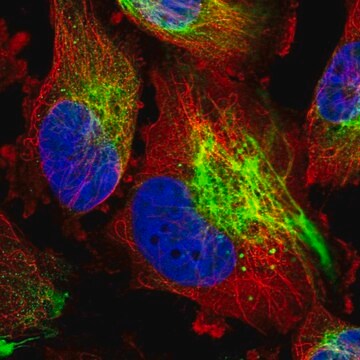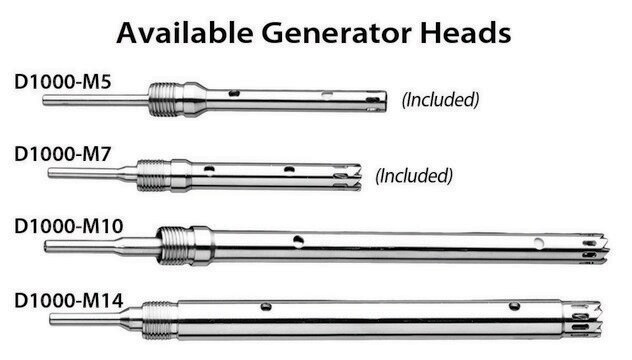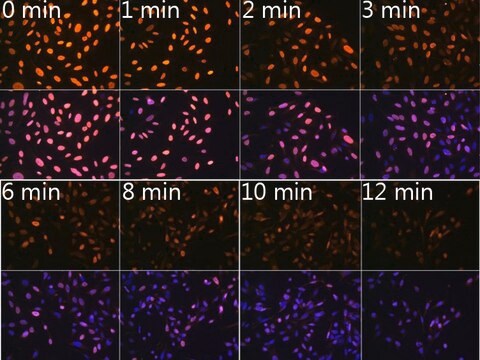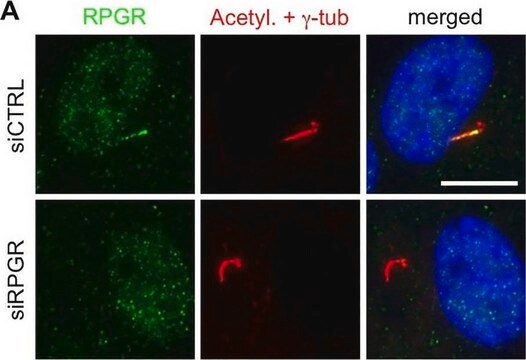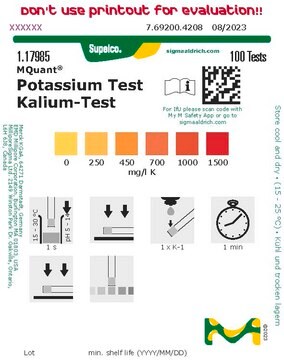HPA019114
Anti-MCOLN2 antibody produced in rabbit
Prestige Antibodies® Powered by Atlas Antibodies, affinity isolated antibody, buffered aqueous glycerol solution
Sinônimo(s):
Anti-Mucolipin-2
About This Item
IHC
immunohistochemistry: 1:200-1:500
Produtos recomendados
fonte biológica
rabbit
Nível de qualidade
conjugado
unconjugated
forma do anticorpo
affinity isolated antibody
tipo de produto de anticorpo
primary antibodies
clone
polyclonal
linha de produto
Prestige Antibodies® Powered by Atlas Antibodies
Formulário
buffered aqueous glycerol solution
reatividade de espécies
human
técnica(s)
immunofluorescence: 0.25-2 μg/mL
immunohistochemistry: 1:200-1:500
sequência de imunogênio
YHQLKDITLGTLGYGENEDNRIGLKVCKQHYKKGTMFPSNETLNIDNDVELDCVQLDLQDLSKKPPDWKNSSFFRLEFYR
nº de adesão UniProt
Condições de expedição
wet ice
temperatura de armazenamento
−20°C
modificação pós-traducional do alvo
unmodified
Informações sobre genes
human ... MCOLN2(255231)
Descrição geral
Imunogênio
Aplicação
The Human Protein Atlas project can be subdivided into three efforts: Human Tissue Atlas, Cancer Atlas, and Human Cell Atlas. The antibodies that have been generated in support of the Tissue and Cancer Atlas projects have been tested by immunohistochemistry against hundreds of normal and disease tissues and through the recent efforts of the Human Cell Atlas project, many have been characterized by immunofluorescence to map the human proteome not only at the tissue level but now at the subcellular level. These images and the collection of this vast data set can be viewed on the Human Protein Atlas (HPA) site by clicking on the Image Gallery link. We also provide Prestige Antibodies® protocols and other useful information.
Ações bioquímicas/fisiológicas
Características e benefícios
Every Prestige Antibody is tested in the following ways:
- IHC tissue array of 44 normal human tissues and 20 of the most common cancer type tissues.
- Protein array of 364 human recombinant protein fragments.
Ligação
forma física
Informações legais
Exoneração de responsabilidade
Não está encontrando o produto certo?
Experimente o nosso Ferramenta de seleção de produtos.
produto relacionado
Código de classe de armazenamento
10 - Combustible liquids
Classe de risco de água (WGK)
WGK 1
Ponto de fulgor (°F)
Not applicable
Ponto de fulgor (°C)
Not applicable
Equipamento de proteção individual
Eyeshields, Gloves, multi-purpose combination respirator cartridge (US)
Escolha uma das versões mais recentes:
Certificados de análise (COA)
Não está vendo a versão correta?
Se precisar de uma versão específica, você pode procurar um certificado específico pelo número do lote ou da remessa.
Já possui este produto?
Encontre a documentação dos produtos que você adquiriu recentemente na biblioteca de documentos.
Nossa equipe de cientistas tem experiência em todas as áreas de pesquisa, incluindo Life Sciences, ciência de materiais, síntese química, cromatografia, química analítica e muitas outras.
Entre em contato com a assistência técnica